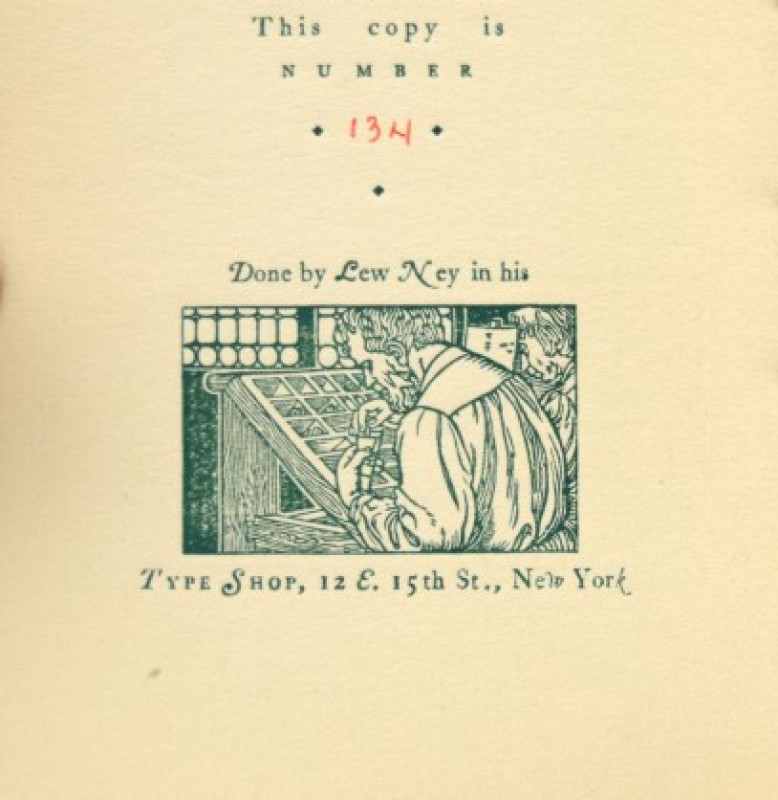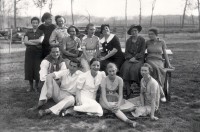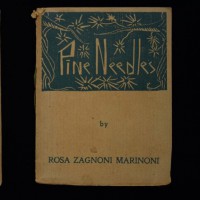Rosa Zagnoni Marinoni: Poet and Arkansas Advocate
This exhibit presents the life and work of Rosa Marinoni a once well-known and widely published poet who built a community of writers in Fayetteville, AR.

Special Collections houses books and other materials associated with local writer and mentor Rosa Zagnoni Marinoni who was born in Bologna Italy and came to the United States with her parents in 1898. She moved to Fayetteville with her husband Antonio Marinoni, who headed the Department of the Romance Languages. In the mid-1920s Rosa began writing poems at a rapid pace and had work accepted in 60-some publications within the first two years of her career.
Rosa Zagnoni Marinoni was an important figure in Arkansas' literary scene. She promoted poetry appreciation through the founding of the first National Poetry Day, and was the state's Poet Laureate for many years. Rosa was known in Fayetteville because she founded the University City Poetry Club that met, often at her home, to discuss and promote poetry writing in the community starting in the 1920s, and which lasted for about forty years. Rosa and the community of poetry writers in Fayetteville were widely published in national and local magazine and journals, but they also self-published and distributed their own writing within social circles.
Even though Rosa Marinoni wrote in the forward to Arkansas and Oklahoma Poets that "a poet's worth must be gauged by the national or international renown which his or her work enjoys" it is clear that Rosa was not only interested in gaining national recognition. Indeed, she lamented that "Arkansas is not known as a 'poet-producing state'," but that there should be space for many more in the hearts of those who appreciate poetry, even if those poets do not enjoy national recognition. Rosa was widely published, her poems appearing in Midwest Review, Lariat, New York Evening World, and Bozart, but she also took the time to self publish on a smaller scale. Many of her books in Special Collections have big and bold inscriptions from the author, and evidence that there was a practice of passing around self-published works among the community. Her house, Villa Rosa on West Lafayette, is just a few steps off of campus, and it was a meeting place for poets and poetry appreciators alike. The community grew to at least 40 poets at one point.
Towards the end of her life, Rosa wrote collections focused on the Ozarks and the people who lived there. These books often feature a certain 'owl of the Ozarks' who also shows up in some of her dedications. She passed away March 26, 1970, but the cultural significance of Rosa's work lives on because of her commitment to creating community, advocating for the poets of Arkansas, and her publications that are still available in libraries around the state.
(Click thumbnail image to enlarge.)




